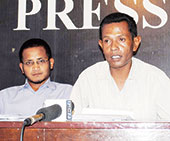
SHILLONG, SEPT 15: The Meghalaya Peoples Human Rights Council (MPHRC) strongly deplored the increasing erosion of democracy due to repressive policies and many allegations of human rights abuses related to the peoples protest in Meghalaya.
On International Day of Democracy 2015, the MPHRC called upon the government to recognize that civil society is the space that connects the government and its people essential for a truer democracy.
“Unfortunately, space for civil society is shrinking rapidly today with no democratic tradition due to the growing disconnect between elected officials and the people. We see this disconnect manifested in the recent surge of many protest in the State” said Dino D. G. Dympep, chairman of MPHRC.
He said people perceived a failure of governance and democracy, and protest is often their last resort in making them heard. “Increasingly, government have been responding to this type of dissent with more repression, distorting the concept of democracy beyond recognition” added Dympep.
He said the state is also witnessing a worrisome erosion of democracy as a result of the increasing influence being exercised by powerful actors that have no democratic legitimacy, including the police, corporations, financial institutions, and mining lobbies. He said, “Democratic governance is being corrupted by players that are not subjected to democratic control and who use their largesse to ensure that their interests are prioritized over those of the general public.”
He felt civil society must reclaim its rightful place by demanding genuine participation in governance, including decisions on peace initiatives, environmental protection and preservation of their rights and culture. “Fast-tracking” legislation enacted without consulting stakeholders and without responsible debate is unacceptable in a democracy,” he said .
He also said democracy is much more than a label and ‘Representative democracy’ can only be called democratic when and if ‘representatives’ actually represent their constituencies by pro-actively consulting with them and facilitating their participation in decision-making, thus making the goal of greater space for civil society meaningful.-By Our Reporter


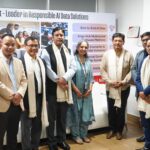
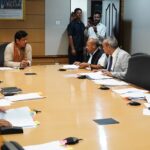
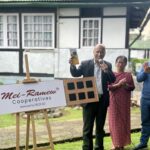

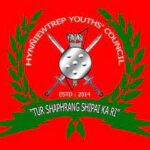



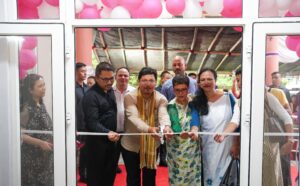
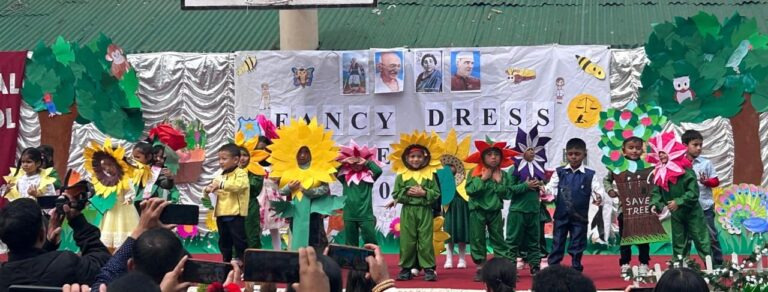
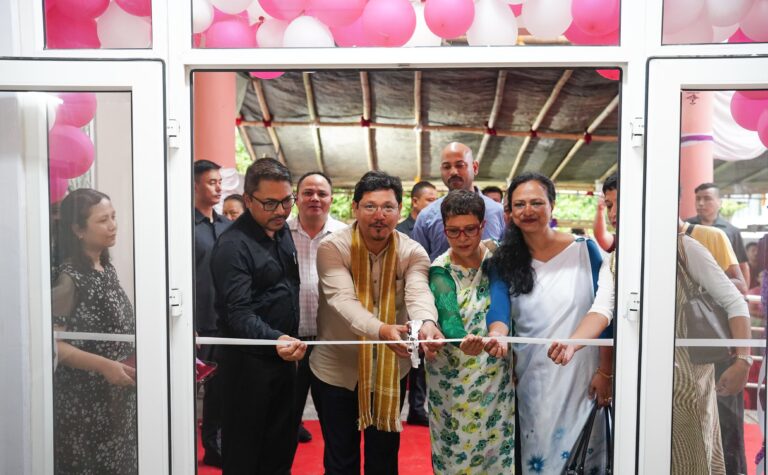
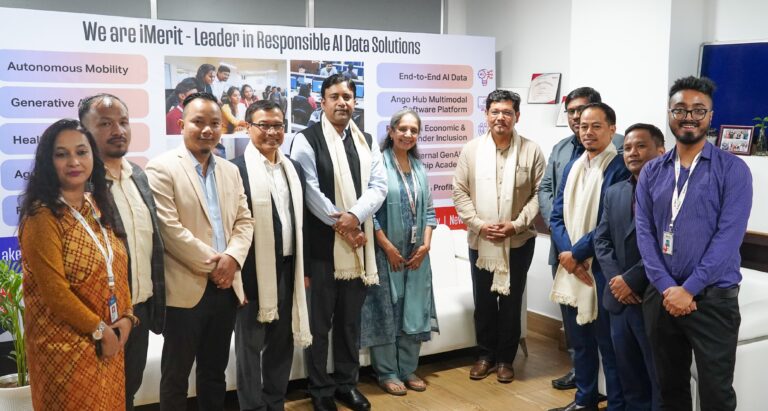
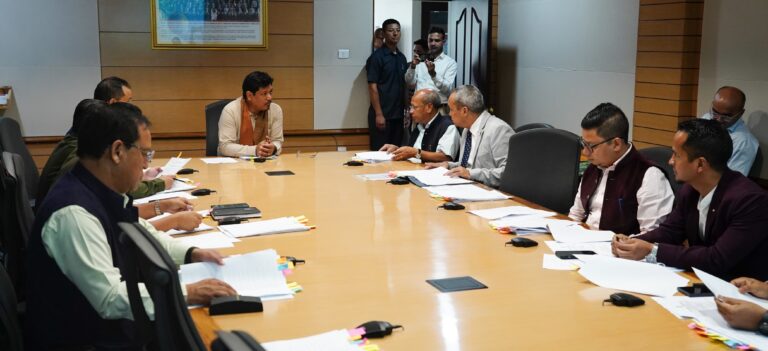
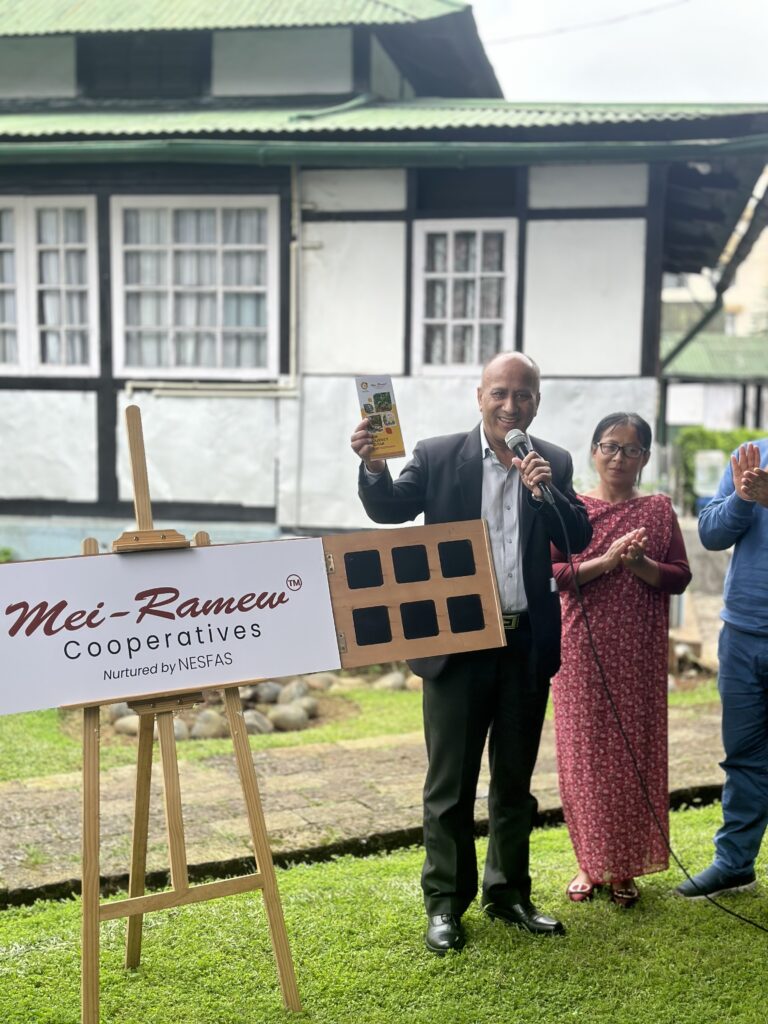
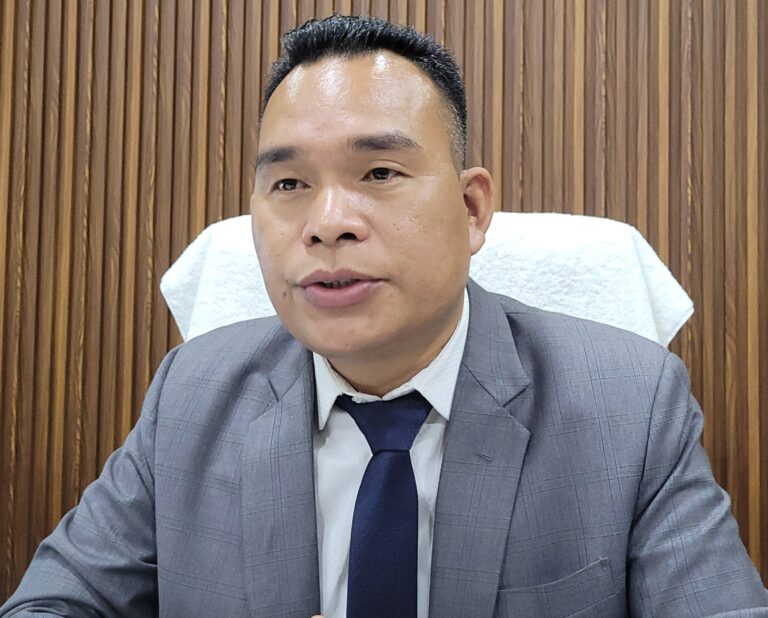
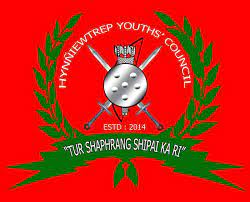

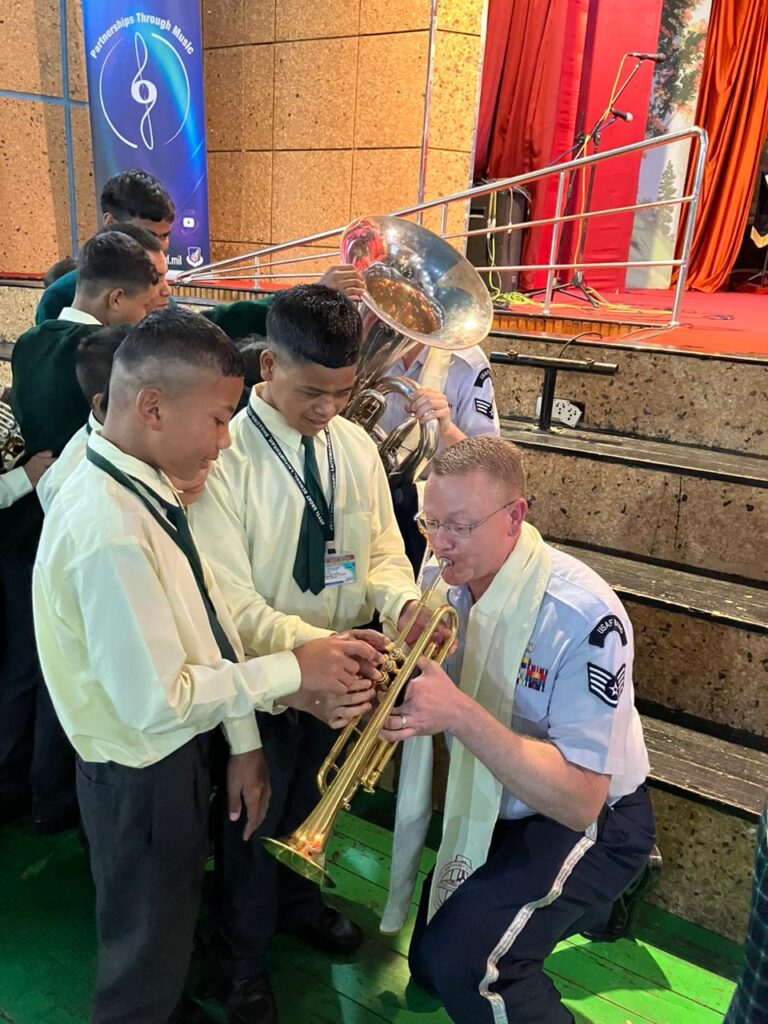
+ There are no comments
Add yours